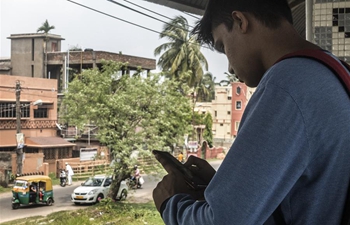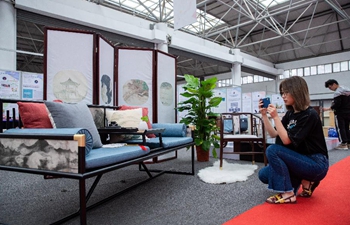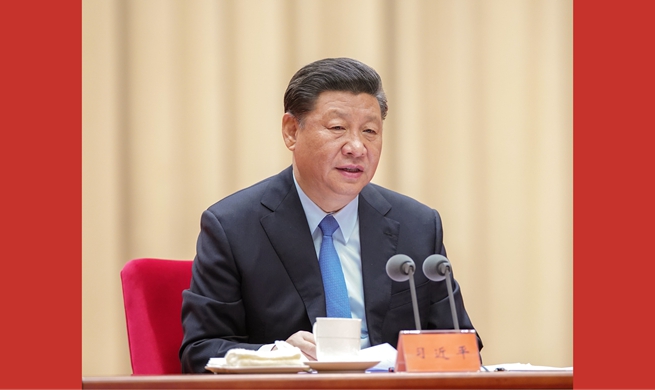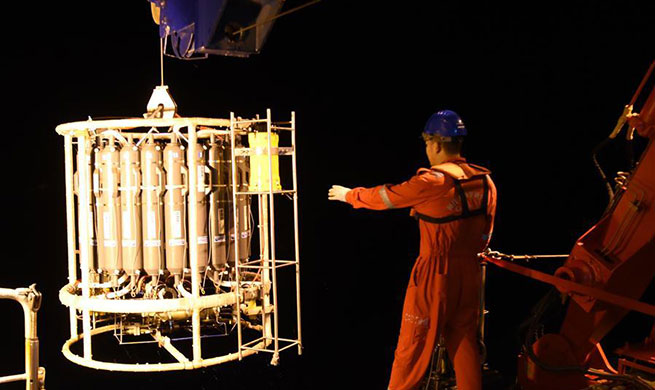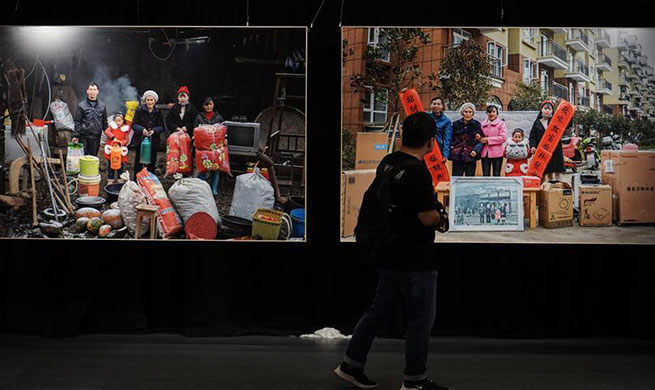BERLIN, May 31 (Xinhua) -- In the latest U.S. threat to Germany over use of Huawei 5G technology, U.S. Secretary of State Mike Pompeo issued a warning on Friday, saying that it was risky to allow the Chinese telecom firm to build infrastructure for 5G high-speed data networks.
Pompeo also repeated a veiled threat that the U.S. might decline to share intelligence with countries that are potentially compromised due to their use of networks based on Chinese technology, German news agency DPA reported.
German Foreign Minister Heiko Maas, however, expressed different views, saying that Germany had "high security standards".
Any company found not to comply with these standards would be excluded from bidding to build Germany's 5G network, Maas said, without naming Huawei.
Over the months, the United States had fabricated a series of topics to influence the public to believe Huawei has security problems, in order to suppress Huawei.
Though accusing Huawei of being able to use its network equipment to spy on foreign nations for the Chinese government, the U.S. government has not produced any hard evidence to support its accusation.
However, innocent victims in the global chains of the telecom industry would bear the consequences.
The German and U.S. top diplomats also showed different views on the landmark Iran nuclear deal, in another sign of escalating trans-Atlantic tensions over trade and security.
Maas said that Germany had "the same goals" but "different approaches" from the U.S., DPA reported. Both wanted to deter Iran from the acquisition of nuclear weapons and expect Tehran to answer questions about its ballistic missile program.
"We agree that we must prevent Iran from seizing nuclear weapons. It is also no secret that we have different views on how to get there," Maas said.
Germany is trying to rescue the 2015 Iranian nuclear deal -- which aimed to stop Iran developing nuclear weapons -- while the U.S., no longer a party to the agreement, is putting pressure on Tehran through economic sanctions.
Pompeo also met German Chancellor Angela Merkel, who said the United States "is and remains our closest partner".
Relations between Germany and the U.S. have not been free of tensions lately. On Thursday evening at the U.S. elite university Harvard in Cambridge, Merkel had sharply distinguished herself from nationalist and protectionist policies.
"More than ever we have to think and act multilaterally instead of unilaterally," Merkel said. She received standing ovations for demanding that people should not "describe lies as truth and truth as lies".




